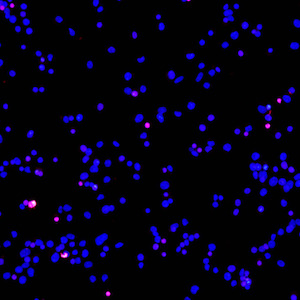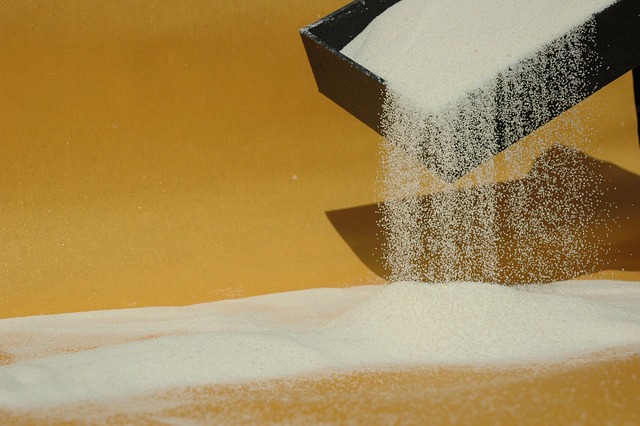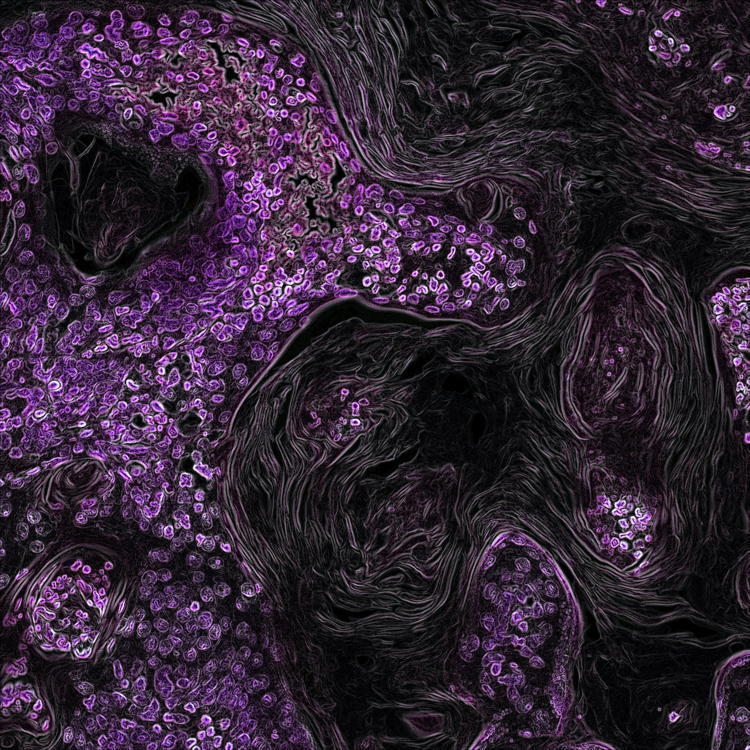Crocin exerts anti-tumor effect in colon cancer cells via repressing the JAK pathway

Submitted: 27 February 2023
Accepted: 10 August 2023
Published: 12 September 2023
Accepted: 10 August 2023
Abstract Views: 597
PDF: 375
HTML: 5
HTML: 5
Publisher's note
All claims expressed in this article are solely those of the authors and do not necessarily represent those of their affiliated organizations, or those of the publisher, the editors and the reviewers. Any product that may be evaluated in this article or claim that may be made by its manufacturer is not guaranteed or endorsed by the publisher.
All claims expressed in this article are solely those of the authors and do not necessarily represent those of their affiliated organizations, or those of the publisher, the editors and the reviewers. Any product that may be evaluated in this article or claim that may be made by its manufacturer is not guaranteed or endorsed by the publisher.
Similar Articles
- P. Panettiere, D. Accorsi, L. Marchetti, A.M. Minicozzi, G. Orsini, P. Bernardi, D. Benati, G. Conti, A. Sbarbati, The trochanteric fat pad , European Journal of Histochemistry: Vol. 55 No. 2 (2011)
- Letizia Ferroni, Chiara Gardin, Andrea De Pieri, Maria Sambataro, Elena Seganfreddo, Chiara Goretti, Elisabetta Iacopi, Barbara Zavan, Alberto Piaggesi, Treatment of diabetic foot ulcers with Therapeutic Magnetic Resonance (TMR®) improves the quality of granulation tissue , European Journal of Histochemistry: Vol. 61 No. 3 (2017)
- C. Dall'Oca, T. Maluta, F. Cavani, G.P. Morbioli, P. Bernardi, A. Sbarbati, D. Degl'Innocenti, B. Magnan, The biocompatibility of porous vs non-porous bone cements: a new methodological approach , European Journal of Histochemistry: Vol. 58 No. 2 (2014)
You may also start an advanced similarity search for this article.
Publication Facts
Metric
This article
Other articles
Peer reviewers
1
2.4
Reviewer profiles N/A
Author statements
Author statements
This article
Other articles
Data availability
N/A
16%
External funding
N/A
32%
Competing interests
N/A
11%
Metric
This journal
Other journals
Articles accepted
57%
33%
Days to publication
196
145
- Academic society
- N/A
- Publisher
- PAGEPress Publications, Pavia, Italy

 https://doi.org/10.4081/ejh.2023.3697
https://doi.org/10.4081/ejh.2023.3697












